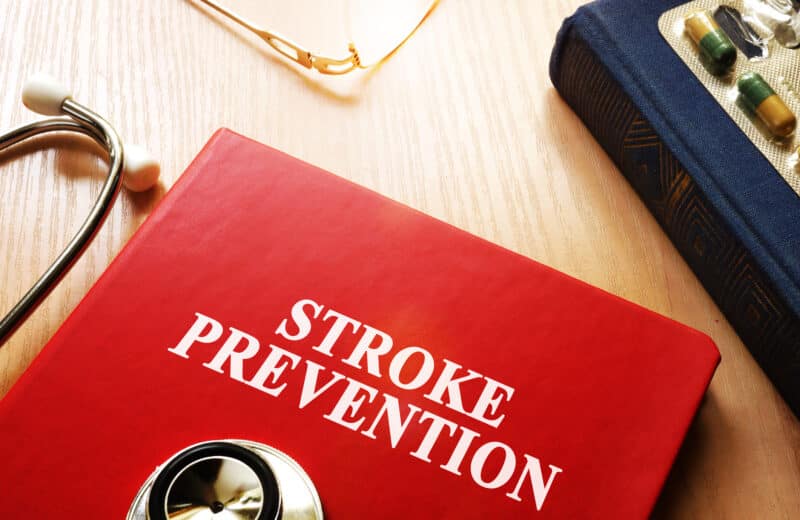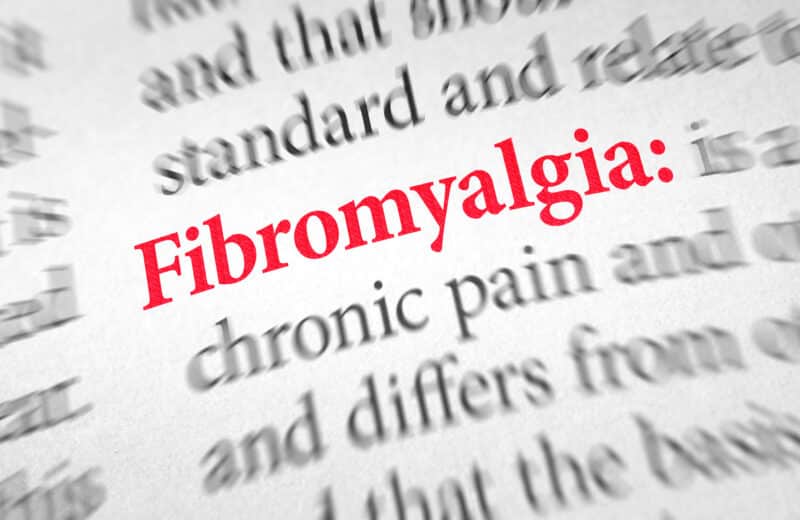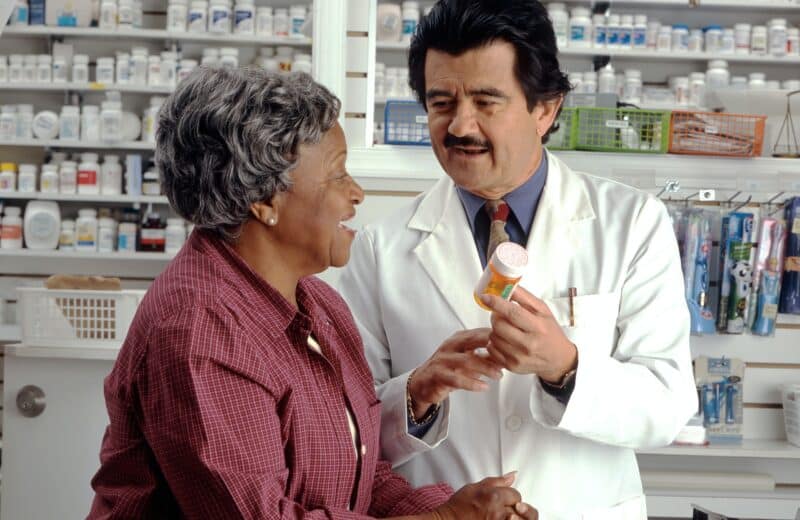Q: In general, I eat a well-balanced diet and consider myself to be healthy. Should I be taking a daily omega-3 supplement?
A: Recent studies do suggest that some people can reduce their risk of heart attack and heart-related death by taking a marine omega-3 fatty acid supplement. However, the study results do not provide the definitive answer for healthy people like yourself.
One study called VITAL, published in the New England Journal of Medicine, enrolled 25,871 healthy, racially diverse individuals, including 12,786 men ages 50 and older and 13,085 women ages 55 and older.
Half of the study participants were given a daily 1-gram omega-3 supplement that included a combination of two omega-3 fatty acids, eicosapentaenoic acid (EPA) and docosahexaenoic acid (DHA). A 1-gram dose was chosen because it is a moderate amount that is unlikely to produce side effects. The control group took a placebo.
The omega-3 supplement did appear to reduce the risk of a heart attack for people who had low fish consumption. But there was no benefit for people who ate two or more servings of fish per week.
Interestingly, when the researchers looked just at African Americans, those taking the omega-3 supplement had a lower rate of cardiovascular events, whether or not they were fish eaters.
A careful scientific analysis of 13 clinical trials of marine omega-3 fatty acids was recently published in the Journal of the American Heart Association. According to the researchers’ findings, taking a marine omega-3 supplement can lower the risk of developing coronary heart disease, having a heart attack and death due to cardiovascular disease. Also, a higher dose appeared to be more beneficial than a moderate dose.
It’s important to note, however, that most of the studies included in this new analysis were done on people with known cardiovascular disease or at high risk of heart attack and stroke. So, under the direction of a doctor, omega-3 supplementation for these folks might be wise.
For people already taking a moderate dose of an omega-3 supplement, these recent studies did not find any reason to stop. Whether you should now start taking a supplement should first be discussed with your primary care clinician.
Always choose a quality omega-3 supplement. Good quality indicators are seals from U.S. Pharmacopeia or NSF International. A reasonable starting dose is 500 to 1,000 milligrams that contains a combination of eicosapentaenoic acid (EPA) and docosahexaenoic acid (DHA).












